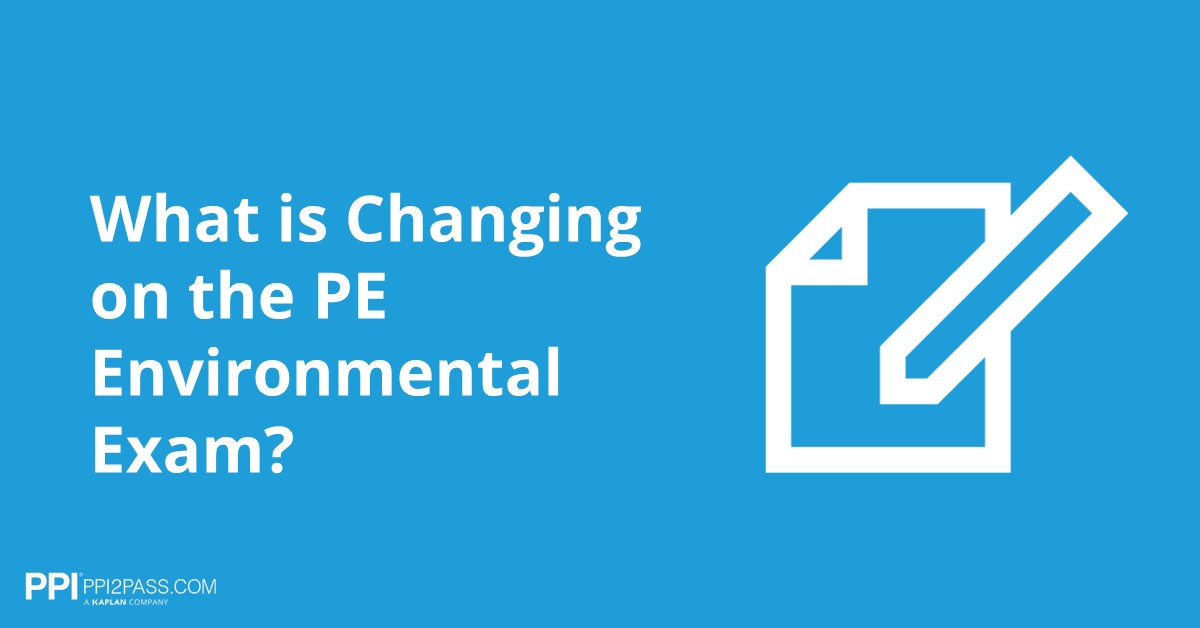Preparing for the FE Exam: Tips, Strategies, and Study Plans

The Fundamentals of Engineering exam is a critical milestone for engineers on the path to professional licensure. Passing an FE exam is a requirement for becoming a licensed engineer in the United States. Each exam is designed to test your knowledge of fundamental engineering principles and your ability to apply them to real-world problems. Here are some tips, strategies, and study plans to help you prepare for the FE exam.
Why Should You Take the FE Exam?
Each state has its own set of laws and standards, but basically, it’s illegal to tell the public that you’re an independent engineer and provide specific services for them without a Professional Engineering license and passing the PE exam.
Though an engineer can work for a company, designing and manufacturing products, without being registered, due to certain product liability laws that protect the public, the person responsible for the work still has to be registered. Therefore, being a licensed engineer is a big deal if you want to climb the ladder in your profession.
The first Fundamentals of Engineering (FE) Exam was administered in 1965. Now it’s offered in seven discipline-specific modules
Tips For Passing the FE Exam
We recommend preparing with a combination of books and prep courses so there are no surprises on exam day. In addition to increasing your knowledge, this is also an effective way to reduce anxiety, ensure you have a solid study plan, and develop the proper techniques for time management.
Thinking about taking the FE exam? Download the Preparing for the FE Exam eBook.
1. Purchase the NCEES FE Reference Handbook
Get a copy of the NCEES Handbook. Use it alongside your FE Review Manual. You will want to know the sequence of the sections, what data is included, and the approximate locations of important figures and tables in the NCEES Handbook.
You should also know the terminology (words and phrases) used in the NCEES Handbook to describe equations or subjects because those are the terms you will have to look up during the exam. The NCEES Handbook is available both in printed and PDF format. The PDF version includes search functionality that is similar to what you’ll have available when taking the computer-based exam.
PPI Pro Tip: In order to find something using the NCEES Handbook PDF search function, your search term will have to match the content exactly (including punctuation).
2. Start Early and Make a Study Plan
In order to complete your review of all examination subjects, you must develop and adhere to a review schedule. Our prep courses provide a syllabus and homework schedule to keep you on track.
PPI Pro Tip: Near the exam date, give yourself a week to take a realistic practice exam.
3. Identify Your Weaknesses
Use the diagnostic exams in your FE review manual or in our PPI Learning Hub to determine how much you should study in the various knowledge areas.
For example, if you’re going to take the FE exam with a focus on mechanical engineering, you’ll master topics such as dynamics, kinematics, vibrations, probability and statistics, mechanics of materials, heat transfer, and fluid mechanics, which may take some time.
PPI Pro Tip: You can use diagnostic exams in two ways: before you begin studying to determine which subjects you should emphasize, or after you finish studying to determine if you are ready to move on.
4. Work Through Everything
The NCEES has reduced the number of subjects you are expected to know and has made nothing optional. Keep in mind during your FE exam review that skipping your weakest subjects is no longer a viable preparation strategy. You should study all examination knowledge areas, not just your specialty areas, and that means you study every chapter of your review book.
PPI Pro Tip: Skip nothing.
5. Be Thorough
Being thorough means really doing the work. During your FE exam review, be sure to solve each numerical example using your calculator, read through the solution, and refer back to the equations, figures, and tables it references. Reading the instructional text is a “high-value” activity. There isn’t much text to read in the first place, so the value per word is high.
PPI Pro Tip: Everything your review book shows in blue is in the NCEES Handbook, so it has a high probability of showing up on the exam.
6. Complete as Many Practice Problems as Possible
You have less than an average of three minutes to answer each question on the exam. You must be able to recall solution procedures, formulas, and important data instinctively. The best way to develop fast recall is to work on as many practice problems as you can find; solve every example in your review book and every problem in the companion practice book.
For example, if you’re taking the FE Civil exam, we recommend getting the Live Online course bundle, which includes FE Civil Practice, as well as the review book, two practice exams, and more. Don’t skip any of them. All of the problems were written to illustrate key points.
PPI Pro Tip: Develop fast recall by working through as many practice problems as you can find.
6. Take Care of Yourself
Give yourself a day or two before the exam to rest—we recommend not taking any practice exams during this time. Before FE exam day, eat a good meal, and try to get plenty of sleep the night before.
What Happens After You Pass the FE Exam?
FE Exam Frequently Asked Questions
What is the Most Challenging Aspect of Studying for the FE Exam?
The hardest part is staying committed to your study plan. It can be very difficult to find study time between work, social life, and other priorities. Learning how to adjust your schedule to fit in enough study time throughout your prep can be challenging.
What Study Materials are Most Useful?
A combination of online study tools and print books, both of which are included in our Live Online course bundles.
Can You Skip Questions on the FE Exam?
Yes, you can skip questions on the FE exam. You may encounter some questions during the exam that all you can do is guess and move on from. Spend most of your time on the questions and subjects you feel prepared for.
How Long is the FE Exam?
The FE exam contains 110 questions and lasts 6 hours long, which includes a 25-minute break. During this time you will also spend a few minutes signing a non-disclosure agreement and reviewing a tutorial of the exam interface.
Ready To Start Preparing For the FE Exam?
Passing the FE exam requires careful preparation, dedication, and hard work. By starting early, and signing up for a PPI Prep Course you’ll get absolutely everything you need to pass your FE exam.
Ready to ace the FE exam?
Industry Insights


